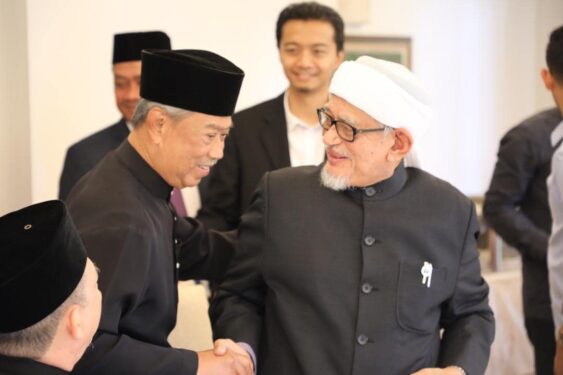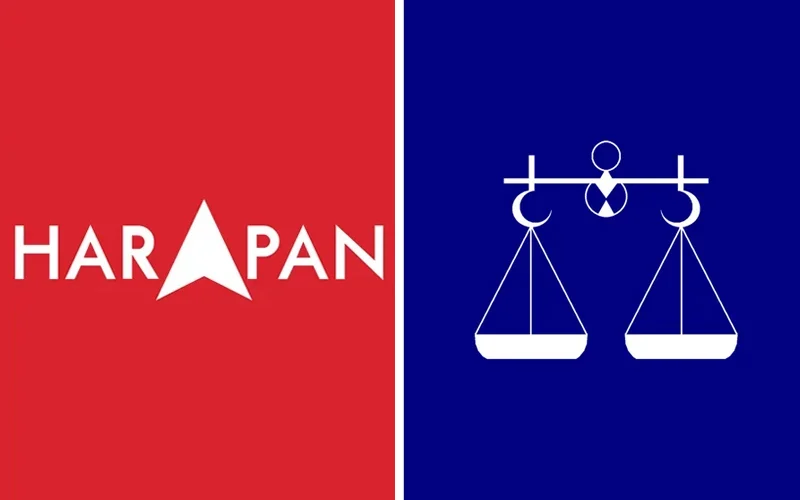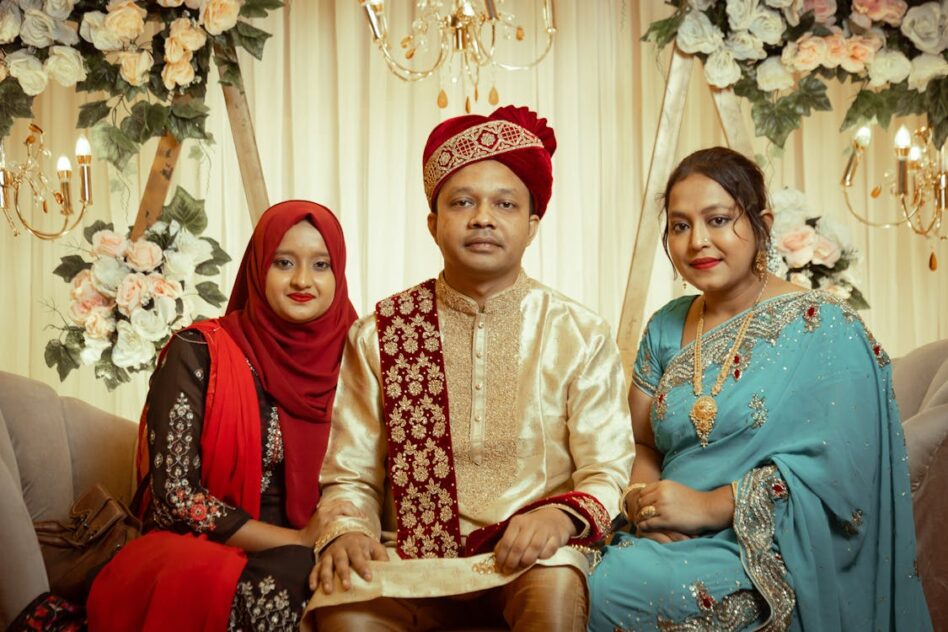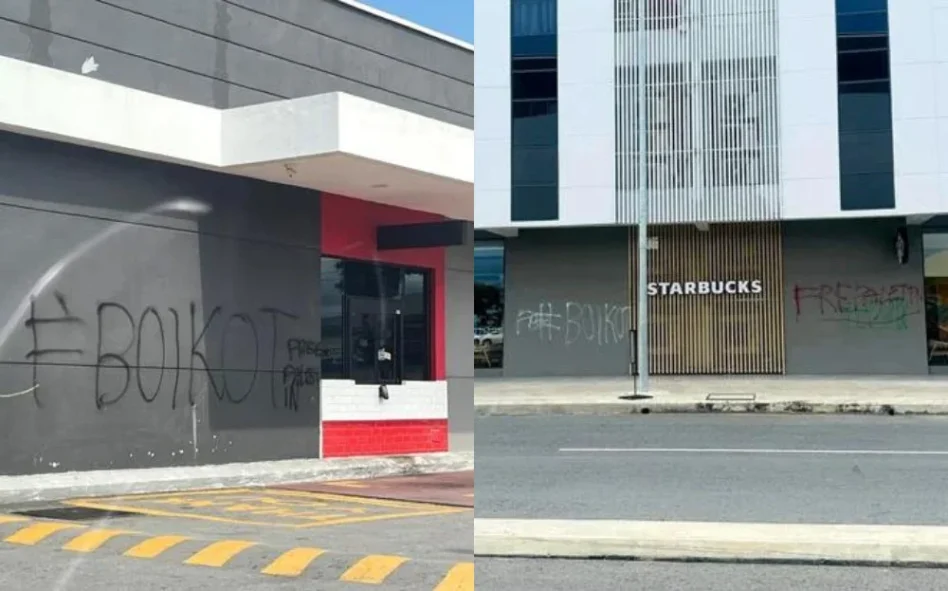THE combination of Pakatan Harapan (PH)-Barisan Nasional (BN)-Borneo pact parties has the unprecedented opportunity to be the new, original coalition for all – like the early days of BN where it was truly a national unity coalition between the major ethnic groups.
The mutual need for party reforms provides this avenue for complementary and symbiotic relationships. The case is as follows:
1. UMNO/BN is in dire need of serious internal soul-searching and cleansing.
Stage 4 cancer needs body-wide chemotherapy and a serious lifestyle change. Removing several tumours (even key ones) now is too little too late in the terminal stage; the cancerous culture has been spread too wide and too deep.
Although this should’ve come sooner and the grassroots should’ve rejected corrupt leaders and corrupt practices early on, it is better late than never.
Either they adhere to this wake-up call or succumb to the fatal disease and be rejected by many to become completely irrelevant in the future.
They can learn plenty from PKR on reforms and moderation.
2. PKR is in dire need to get traditional (rural and semi-urban) Malay votes.
They can learn plenty from UMNO on this.
3. PKR and UMNO’s respective needs and weaknesses provide an opportunity for reforms on both sides to improve.
Besides that, a successful and close (and also believable) cooperation is a formidable force against the tide of PAS/Bersatu – a “theocentric-ethnocentric” alliance that can be combustive for a multi-racial nation.
A reformed BN/UMNO or PH/PKR pact can bring forward the true teachings of Islamic leadership, which teaches us that there is no basis for accentuating the trend of ethnic polarisation and divisive identity politics, which capitalises on race and religion.
Simply put, racism isn’t supported by Islamic teachings. This will be a clear contrast to the brand that Perikatan Nasional (PN) is selling.

The rise of PAS
Understand that the rise of PAS isn’t really because of PAS (at least not in their traditional East Coast strongholds) but due to two things: anti-UMNO (anti-corruption) and anti-DAP sentiments. Thus, the observed anti-BN and anti-DAP sentiments.
The rejection of UMNO is only trumped by the rejection of the DAP, which has been demonised as the bogeyman for decades. The resulting outcome is a lack of choice, where PAS/Bersatu becomes the only avenue left for the Malays (at least perception-wise) against the well-gerrymandered electorate for decades (where 30% of the population determines 70% of the seats in the Parliament).
Hence leading to unequal representation where a constituency with more than 100,000 voters only has one representative in Parliament while some constituencies with less than 15,000 voters too have one representative in Parliament.
UMNO’s pledge to be more clean and transparent, and more moderate, progressive and open in their stance as a Malay-centric party, would provide the first step for non-Malay-centric parties to “lower their guard”, thus catalysing others towards moderation as well.
In this case, the DAP continues its role (as perceived by many) as the avenue to champion non-Malay rights and concerns, particularly for the Chinese and the Indians.
Much to learn
However, they have much to learn from the 15th General Election (GE15) outcome and must reform and communicate well to be able to appeal to the majority of the Malays.
The mutual moderation of stances between the DAP and UMNO is a big start for national unity, not just racial unity.
The joint ideation and cooperation between reformed component parties in PH and BN is the new national brand. They are the only ones that can truly be the national entity for all as PN has now clearly taken over UMNO-BN’s brand (as perceived) as the Malay-supremacist group — ie being an ethnocentric and theocratic entity.
This apparent organic “brand swap” allows the PH-BN-East Malaysia parties to be the new BN of old, which during the time of Tunku Abdul Rahman, Tun Tan Cheng Lock and V.T. Sambanthan demonstrated national unity that is severely lacking in Malaysia’s current political landscape.
With the support of East Malaysia, this can be a coalition that is truly for all.
Drop the senseless ego and selfish pride. Realise the golden opportunity that is upon us. This is the chance to put Malaysia back on the trajectory of peace and prosperity for all!
For once, let the mandate of the people for a better Malaysia win – not the backdoor, darkroom negotiation of the few! – Nov 24, 2022
Dr Rais Hussin is president and CEO of EMIR Research, a think tank focused on strategic policy recommendations based on rigorous research.
The views expressed are solely of the author and do not necessarily reflect those of Focus Malaysia.
Main photo credit: Free Malaysia Today










